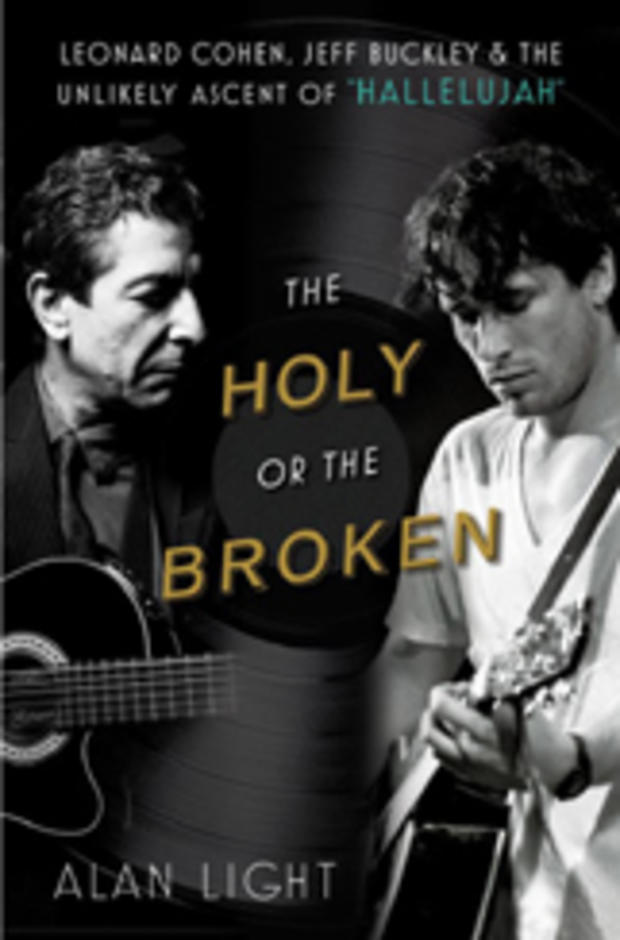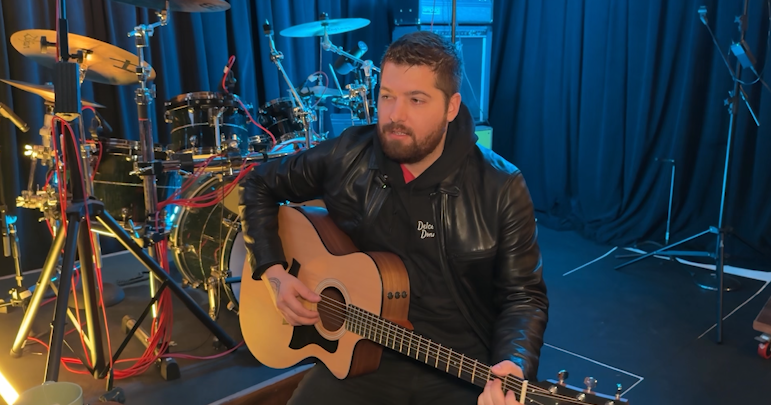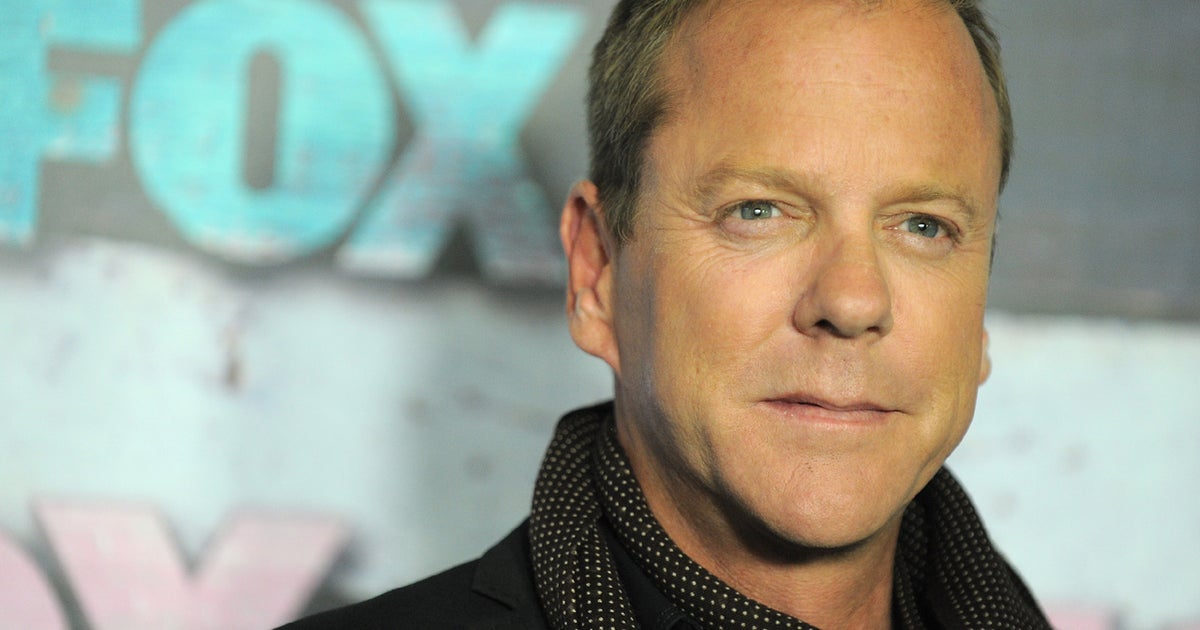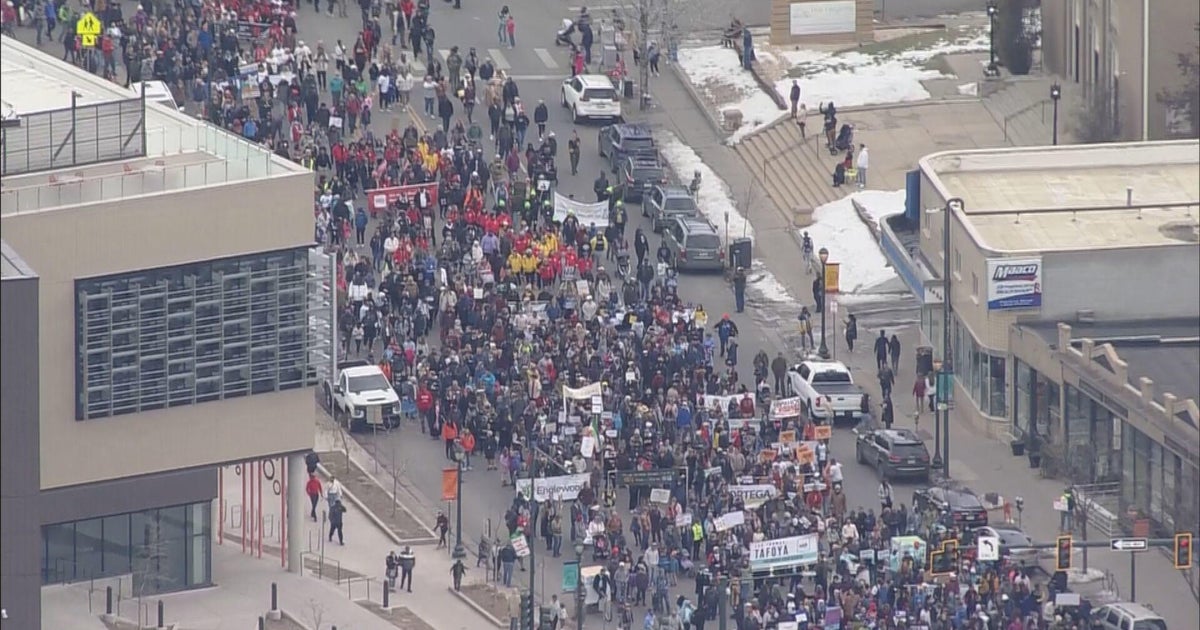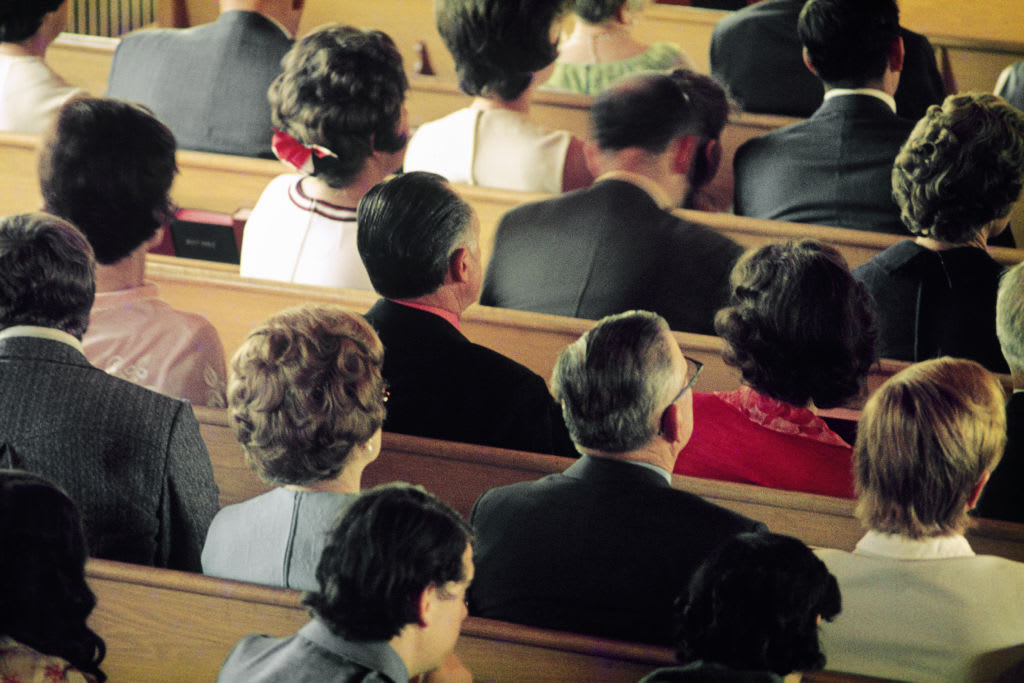Story of Leonard Cohen's "Hallelujah" is told in new book
By now, singer-songwriter Leonard Cohen’s hymnal song, “Hallelujah,” has been somewhat of a popular and cultural staple. Numerous artists have covered it over the years -- among them are Bon Jovi, Rufus Wainwright, Regina Spektor, Michael McDonald, Norah Jones, Justin Timberlake, k.d. lang, Brandi Carlile, Susan Boyle, Bono, Willie Nelson and Renee Fleming. It was featured in the movie “Shrek” and TV’s “The O.C.,” “The West Wing” and “American Idol.” And outside of the entertainment world, “Hallelujah” has also been used at Jewish and Christian religious services.
However, its popularity wasn’t that clear right after Cohen first recorded it for a 1984 album that nobody really paid much attention to -- his longtime record company didn’t even release it initially. Ten years later, “Hallelujah” was covered by the late Jeff Buckley for his debut record “Grace” -- an awe-inspiring rendition that served as one of the earliest and important sparks for the song’s reemergence in the decade to come.
The fascinating and complex story of how “Hallelujah” -- a song whose themes touch on love, sex, religion, longing and regret -- went from just another album track to now-legendary status is told in a new book by Alan Light titled “The Holy or the Broken: Leonard Cohen, Jeff Buckley, and the Unlikely Ascent of “Hallelujah”” (published by Atria Books, an imprint of Simon & Schuster, which is part of CBS Corporation). It analyzes the song and features interviews with those involved in “Hallelujah’s” original recording and the artists who have recorded their cover versions.
The inspiration for “The Holy or The Broken” for Light, who has written for Rolling Stone and The New York Times, came when he attended a service at a synagogue during Yom Kippur. “As kind of a climactic moment of the holiest day of the Jewish calendar,” Light tells CBSNews.com, “the choir in the synagogue...came out and sang ‘Hallelujah.’ Everybody knew this song, everybody reacted to it, a lot of people were crying. I just started to think, ‘Wow, this song is really in a different place now if it’s the kind of song that gets used for a moment like this,’ and started thinking about it.”
“Hallelujah” isn’t on any of Leonard Cohen’s first three classic records from the late ‘60s and early ‘70s, but rather on 1984’s “Various Positions” that his label, Columbia Records, didn’t put it out; it was later issued on a different record company. “The idea that this didn’t exist in a world before 1984, so many people kind of have a hard time making sense out of that,” says Light. “The label turned it down, and even when it did come out, nobody noticed it. I couldn’t find a review of ‘Various Positions’ that even mentioned ‘Hallelujah.’ It isn’t even that it was under the radar -- it was completely off the radar when it came out. It’s kind of an unbelievable thing that you could get from that into what the song has turned into.”
After it was recorded, “Hallelujah” was performed live on Cohen’s tour in the ‘80s, but with new verses provided by Cohen himself. Later on, other artists would record the song with some of the verses rearranged or edited to fit with their own preferences. “He never resisted what people do within the song,” Light says of Cohen. “And that’s what allows it to go into all of these different contexts and all of these different uses.”
Certainly the most famous cover of “Hallelujah” is the beautiful and transcendent version that Jeff Buckley recorded on his 1994 album “Grace.” Sadly Buckley, a then-promising young talent, died in 1997. “There was such a sense of romantic tragedy around the way that he died and everything else,” says Light, “that [his version of ‘Hallelujah’] got more notice as time went on. A lot of the kids who did listen to the record at the time were the ones who were really deep music fans and went on to become musicians in the next few years.”
“Somebody in the book says when you are listening to Jeff’s performance of it, you feel like you’re listening in on something that you’re not supposed to hear. There’s just something that’s -- as I tease out a lot at length in the book -- this more romantic, physical, sexual version of the song than where it started, that made more sense for a 24-year-old to sing instead of a 50-year-old.”
As described in the book, it wasn’t until the 2000s that “Hallelujah” entered the public consciousness, beginning when it was placed in the movie “Shrek” and on TV shows. Right after the September 11 attacks, “Hallelujah” became a poignant soundtrack for those coming to grips with what had happened. In addition to interviewing the artists who have performed the song, Light spoke with non-musicians who shared their personal stories of how the song connected with them, including a couple who even named their daughter Hallelujah.
“This is a song that people use at weddings and at funerals,” he says, “the song that they use in Jewish and Christian religious ceremonies -- that it can fulfill all of these different functions. The second part of that was just how anybody that I mentioned it to has some story or some relationship to it. When I write in there about people who’ve used it at their weddings, or the terrible story about the family who used it when their newborn passed in less than a week -- that [”Hallelujah”] works for them.”
Leonard Cohen, who is 78 and is currently on tour, didn’t participate in “The Holy or the Broken,” but he had given his approval to Light’s project. So what would Cohen think of all of this attention to his song? “The sense that I get from when he’s done interviews over the years where he talks about it,” Light says, “is he doesn’t have an answer for why this is the one that everybody responded to. And given his general worldview, I think he’s amused at the fact that it was a song that the label obviously didn’t think it was good enough to put out in the first place, and here’s what is has gone on to do in the world.”
So has “Hallelujah” finally reached its tipping point with the public after being performed and used so many times in the last 10 years since its original recording? It may not be that way for a while: Light mentions it was recently featured on “The Voice,” “The X Factor” and “Dancing With the Stars.” “It certainly hasn’t gone into any kind of lull so far,” Light says. “I think we could all do without hearing it on TV dramas as score for the big profound moment of the special season finale. But I don’t think people are going to stop singing this song.”
